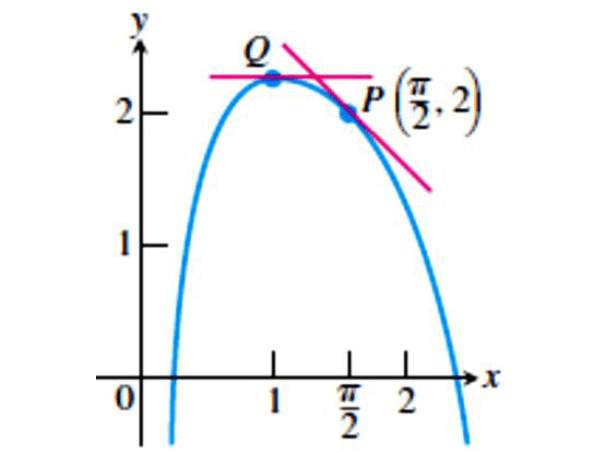DIVISION ALGORITHM PRACTICE QUESTIONS
Division Algorithm
Let a and b (a > b) be any two positive integers. Then, there exist unique integers q and r such that
a = bq + r, 0 ≤ r < b
Here a = divident , b = divisor, r = remainder and q = quotient
Note :
- The remainder is always less than the divisor.
- If r = 0 then a = bq so b divides a.
- Similarly, if b divides a then a = bq
(1) Find all positive integers, when divided by 3 leaves remainder 2. Solution
(2) A man has 532 flower pots. He wants to arrange them in rows such that each row contains 21 flower pots. Find the number of completed rows and how many flower pots are left over. Solution
(3) Prove that the product of two consecutive positive integers is divisible by 2. Solution
(4) When the positive integers a, b and c are divided by 13, the respective remainders are 9,7 and 10. Show that a+b+c is divisible by 13. Solution
(5) Prove that square of any integer leaves the remainder either 0 or 1 when divided by 4. Solution
(6) Use Euclid’s Division Algorithm to find the Highest Common Factor (HCF) of
(i) 340 and 412
(ii) 867 and 255
(iii) 10224 and 9648
(iv) 84, 90 and 120 Solution
(7) Find the largest number which divides 1230 and 1926 leaving remainder 12 in each case Solution
(8) If d is the Highest Common Factor of 32 and 60, find x and y satisfying d = 32x + 60y . Solution
(9) A positive integer when divided by 88 gives the remainder 61. What will be the remainder when the same number is divided by 11? Solution
(10) Prove that two consecutive positive integers are always coprime. Solution
Kindly mail your feedback to v4formath@gmail.com
We always appreciate your feedback.
©All rights reserved. onlinemath4all.com
Recent Articles
-
AP Calculus AB Problems with Solutions
Dec 26, 24 07:41 AM
AP Calculus AB Problems with Solutions -
SAT Math Resources (Videos, Concepts, Worksheets and More)
Dec 23, 24 03:47 AM
SAT Math Resources (Videos, Concepts, Worksheets and More) -
Digital SAT Math Problems and Solutions (Part - 91)
Dec 23, 24 03:40 AM
Digital SAT Math Problems and Solutions (Part - 91)
